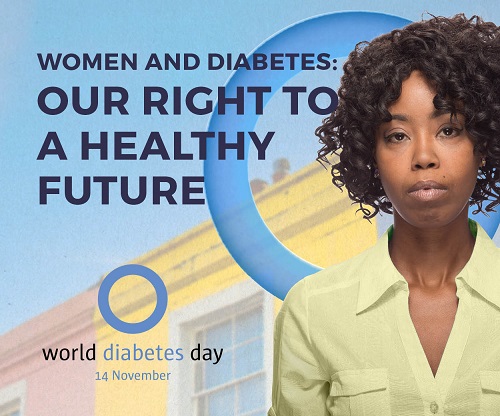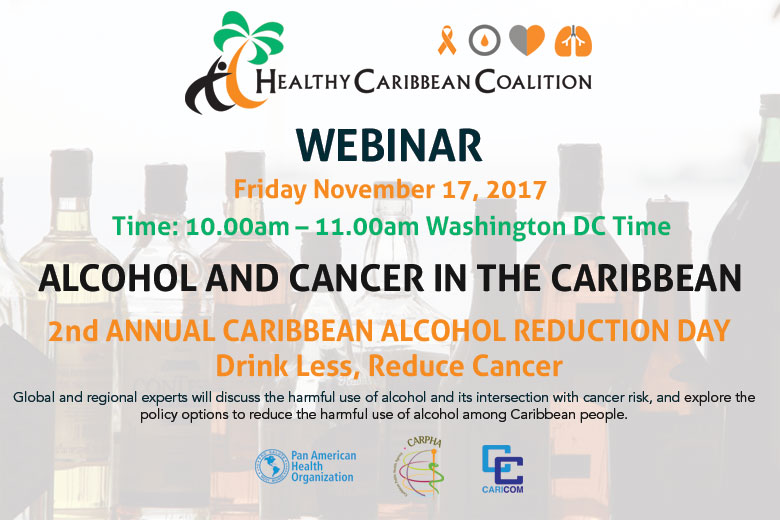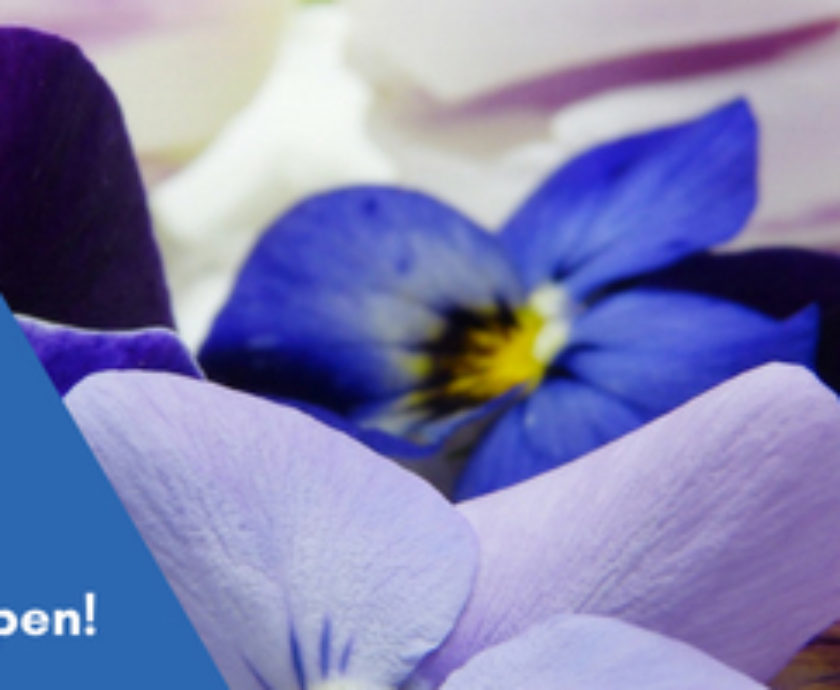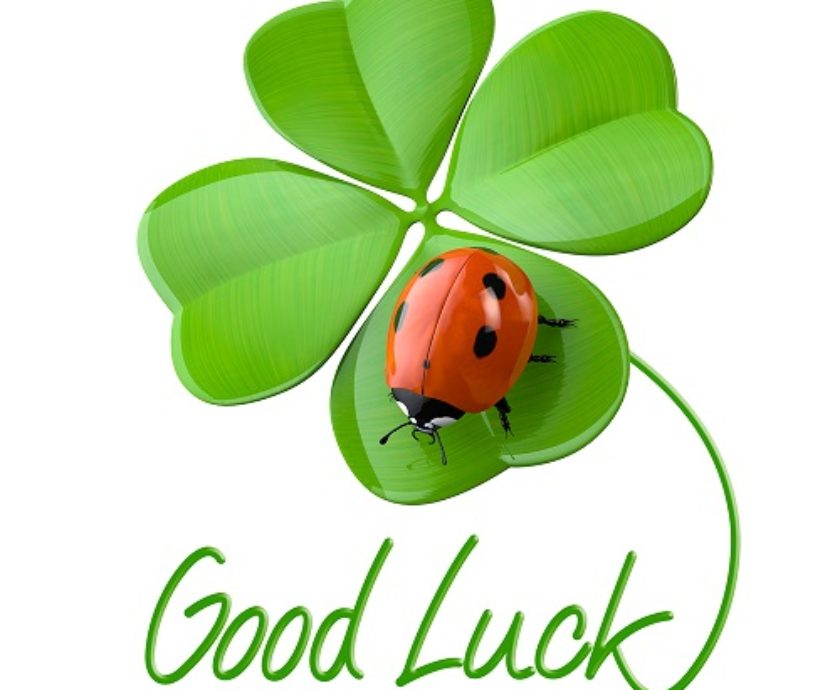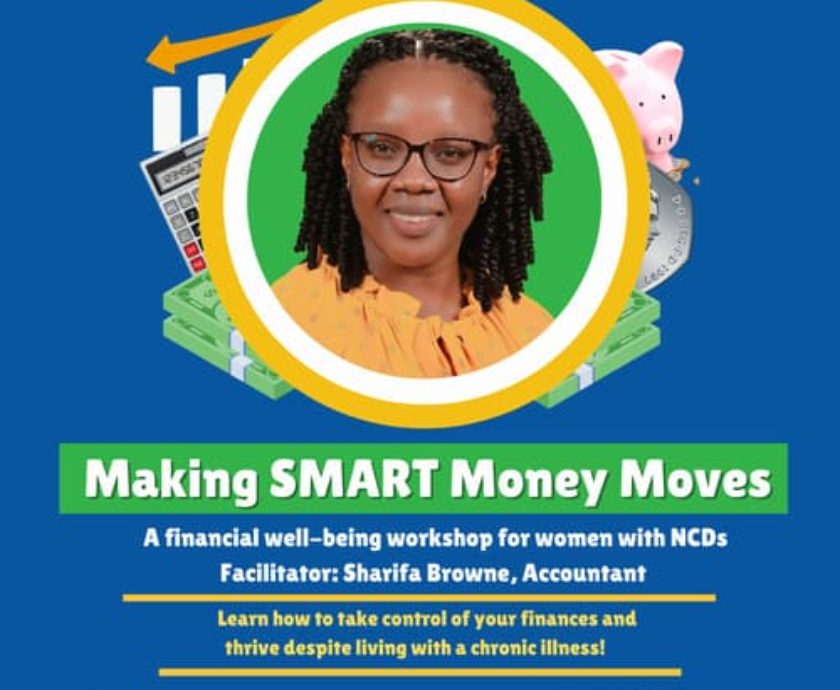Yesterday, we attended the CARICOM Marijuana Commission’s public consultation in Basseterre, St Kitts. This was an interesting, and at times heated, discussion which aimed to inform their report on marijuana use in the Caribbean.
The commission has been tasked with examining the health, social, economic and legal issues surrounding the use of marijuana and to make recommendations to heads of government on whether the drug classification of marijuana should be changed. They will also make recommendations on, if marijuana is to be re-classified, what legal and administrative conditions should apply.
Yesterday’s consultation was one of many that the Commission has conducted throughout the Caribbean enabling them to reach a wide and diverse audience. In addition, the Commission itself represents a range of stakeholders including commissioners from the fields of law, social work, medicine, science, religion, law enforcement and psychology, and they have youth representation.
Introduction by the Commission
In this public consultation we first heard from Prof Rose Marie Belle-Antoine who gave a brief introduction and provided some background into their work. She explained that the information obtained from the consultation would be combined with the information from other consultations, the St Kitts National Marijuana Commission and their own research on the medical, economic, social and legal implications to provide recommendations for policy changes to heads government in the Caribbean. She also mentioned that there was a need for public education on some of these issues as there are many people who are not informed about marijuana. She explained the importance of looking at social justice issues (e.g. who gets arrested), gender issues (we hear a lot about the men but what happens to women and what is the impact on families), law enforcement (do they turn a blind eye to some marijuana use), the impact on productivity and addiction issues.
Prof Belle-Antoine also explained that internationally marijuana is classed as a narcotic so if the Caribbean re-classifies marijuana they would need to understand the implications for the Caribbean internationally – would we become a “rouge state.” Here she said we can learn some lessons from Jamaica who have already decriminalised marijuana.
Prof Belle-Antoine also touched on research being conducted in Barbados with prisons to understand if there is any real link between marijuana and crime. She ended by stating that another important aspect of their work is understanding the risks of marijuana use and what safeguards can be implemented.
The Public’s View
After Prof Belle-Antoine’s introduction the floor was then opened up to the public for comments and feedback. Overall the audience was in favour of legalising marijuana or decriminalising it. There was a feeling that it shouldn’t be illegal to use a plant and that an adult should have the right to make an informed decision as to whether they use marijuana or not. There was an overwhelming feeling that vast amounts of data on marijuana already exists that give a clear picture of the benefits and harms showing the benefits do outweigh the harms. Therefore many felt that a decision could already be made on whether we should reclassify marijuana, a report would delay things further. There was frustration about the consultation itself with a few people stating that it felt like “just talk.”
Several members of the public were able to give concrete examples of the use of marijuana for therapeutic purposes – chronic pain, nausea, cancer, liver disease etc. Many mentioned the historic and religious use of marijuana. One participant was able to provide a comparison between alcohol and marijuana showing that alcohol was significantly more harmful than marijuana – alcohol causes 1 million deaths a year and there has been no known death caused from marijuana itself.
The audience raised the huge economic potential in developing a safe marijuana industry in the Caribbean. It was felt it could help to diversify our economies as many islands are heavily dependent on the tourism industry. It was highlighted how versatile marijuana is with one attendant showing the panel a book made from marijuana. There was concern that if a marijuana industry is developed, large foreign companies would find a way to exploit our resource and no financial benefit would be reaped by Caribbean islands.
Conclusion
The evening ended with the commissioners answering some questions on the time-frame for the report and how much influence they would have on governments to implement their recommendations. The Commission explained that they are working as hard as they can to collate all the information and will produce a comprehensive report. They stated that their report won’t be binding but they hope it would be influential and lead to change, but change does take time.
This was an interesting discussion and we do hope that the report published by the Commission will lead to change in the laws on marijuana and that we can develop a thriving industry that creates wealth for our nations.
Further Information
The CARICOM Marijuana Commission is still keen to hear from the public on this issue and is inviting anybody with an interest in this topic to submit their views to them in writing at marijuana@caricom.org
For more information on the work of the Commission, please visit their website http://caricom.org/marijuana-commission
Let us know what you think about this issue by leaving a comment below.







